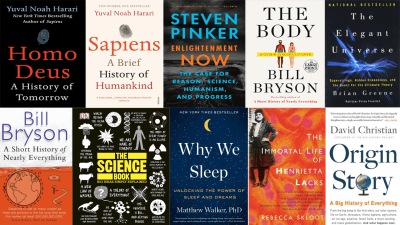“Science is simply the word we use to describe a method of organizing our curiosity”. I’ve always loved this science quote because it speaks of how important curiosity has been throughout our history and continues to be so. The important thing is to never stop questioning; I mean, you would get bored if you stopped questioning about the nature of our universe and our history and our biology and just stared in your phone all day long, right?
Right, now having established that, let’s get back to science and the science books which will help you discover new and unique things while staying safe at home. Of course, you won’t become a specialist in astrophysics, thermonuclear physics, biology, anthropology and so on, but you will acquire a new sense of the universe around us, find new viable explanations and probably look at the sky with a new pair of eyes afterwards.
The 10 easy-to-read science books below will further your knowledge on the history of our humanity and how the world around us has been born and changed in the last centuries and even millennia.
1. Origin Story: A Big History of Everything
This book takes you back to school and you wish school would have thought you everything the way this book teaches you. It contains everything, from physics to chemistry, to astrology, to biology, anthropology, history, only that they’re all combined in a unified story of our universe. And while a lot remains to be studied and known for sure about our universe’s history, the conclusion is that life is a miracle and we should respect it and treat it as such.
All in all, this book is the history of everything, told in a compelling and simplified way, much like the origin stories that indigenous people would tell their grandson by the fire. It’s magical and it will probably spark your curiosity even more. It’s also one of Bill Gates’ favourite.
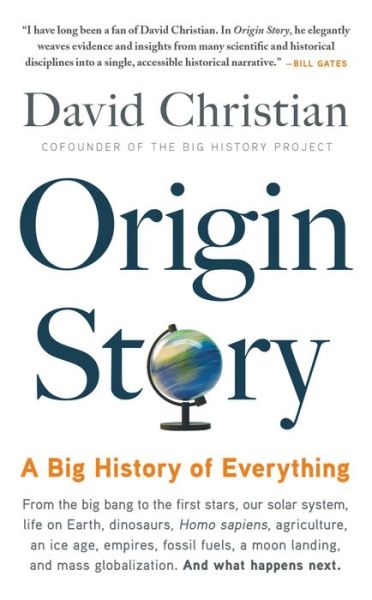
2. The Immortal Life of Henrietta Lacks
Henrietta Lacks was an African-American woman whose cancer cells became the first immortalized human cell line, also known as HeLa cell line. The cells were cultured without her consent and her family had no idea until much later. Henrietta cell line continues to be a source of important medical data to the present day. They were named HeLa from the first two letters of her first and last name.
This book introduces us to the real-life woman that was Rebecca Skloot, her family, their story, the struggles of poverty, race and science, all intertwined in a beautiful book, a wonderful story that you would read in a breath.
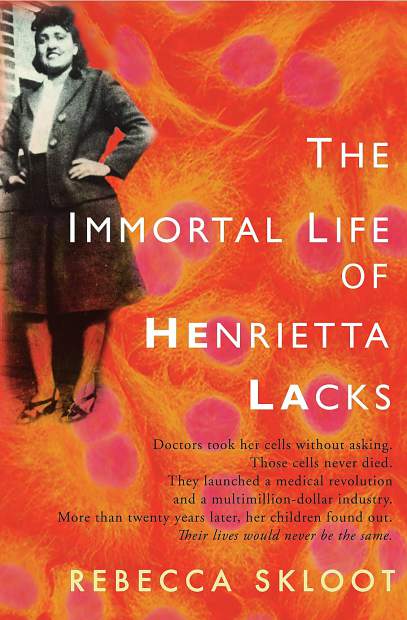
3. Why We Sleep: Unlocking the power of sleep and dreams
The author of this book is the president of Berkeley’s Sleep and Neuroimaging Lab and he loves to sleep. He loves it so much that he wrote a book on it and have spent the last 20 years understanding the amazing, hidden powers of sleep and the cruel consequences of not getting enough of it.
Walker warns us that were are living in a “silent sleep loss epidemic” and that we should do something about that. His theories are backed by science and the whole book is full of useful information told in a friendly, easy-to-read manner. You should give it a try! It will make you understand sleep better and why you really need it. Yes, you need it!
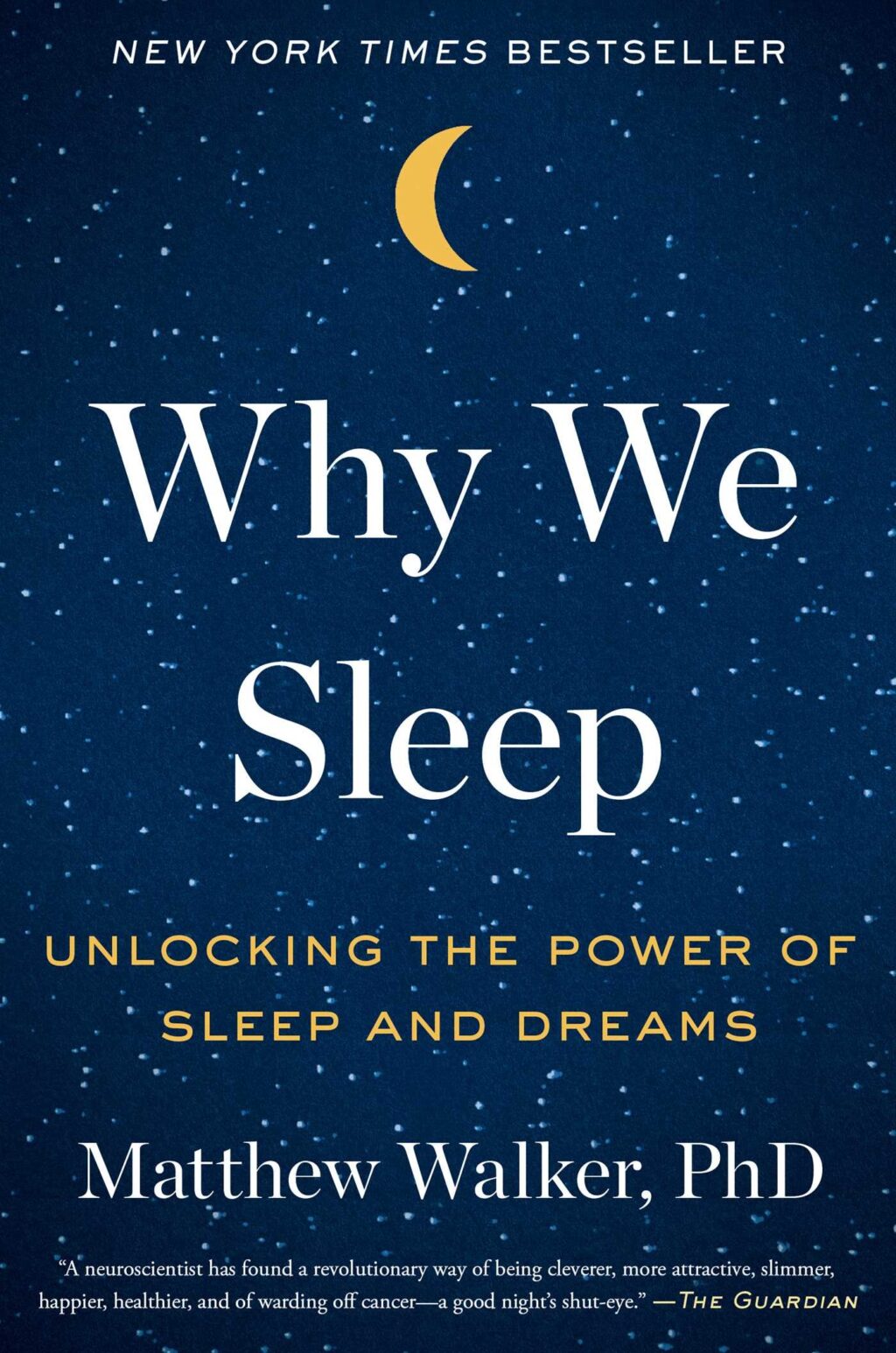
4. The Science Book: Big Ideas Simply Explained
Antibiotics, smartphones, radiation, dinosaurs, you name them. This book explains in simple, easy-to-read language how the world went from birds to dinosaurs, how one scientific idea led to another and so on.
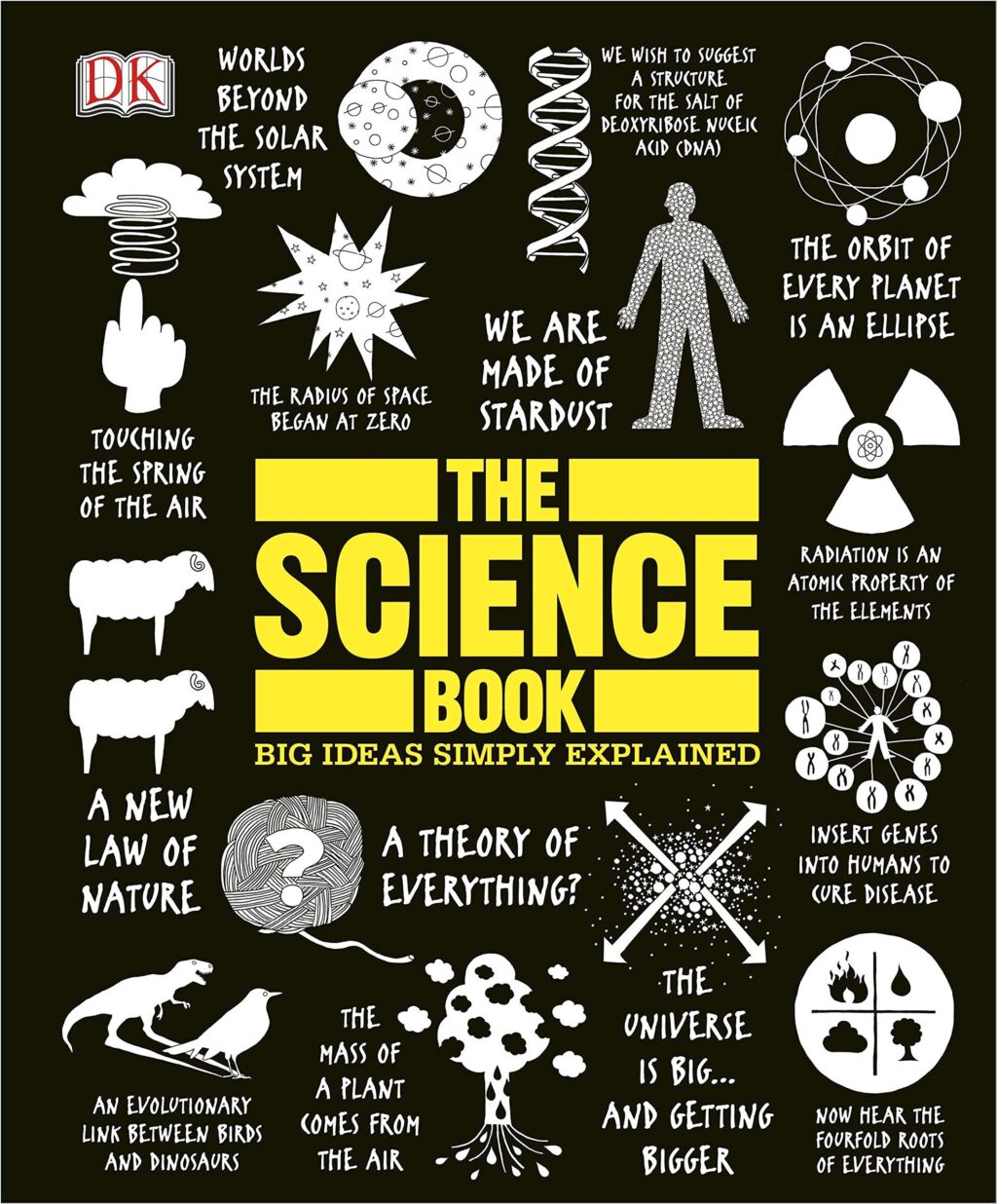
5. A Short History of Nearly Everything
This might be everything you’ve ever wanted to know, but didn’t ask because you were afraid the answers would still not make much sense to you. Also, people might turn their nose up at science because they might think it’s boring, not-magical, not wondrous.
However, this book will change all that and the trick stands in the narration of it all, which doesn’t crush nature’s mystery and wonder, but rather makes it more wonderful. Not all writers will consider it stunning, but as the rough roads to science go, this one might seem like an easy ride.
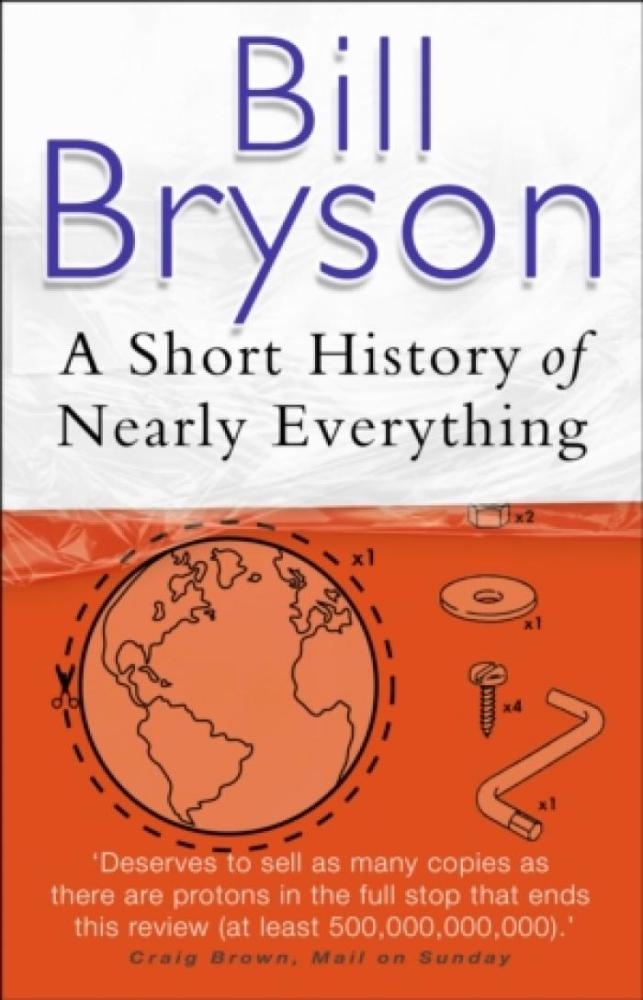
6. The Elegant Universe
Our universe is elegant and the way it came to be is exceptional. So it is Brian Greene’s narrative skill in this book. It will use anything, from an ant to a garden hose to try to explain how our universe came to be and you’ll love it.
Science can be entertaining and this book is here to prove it. Consider it a novel of science and a story worth reading.
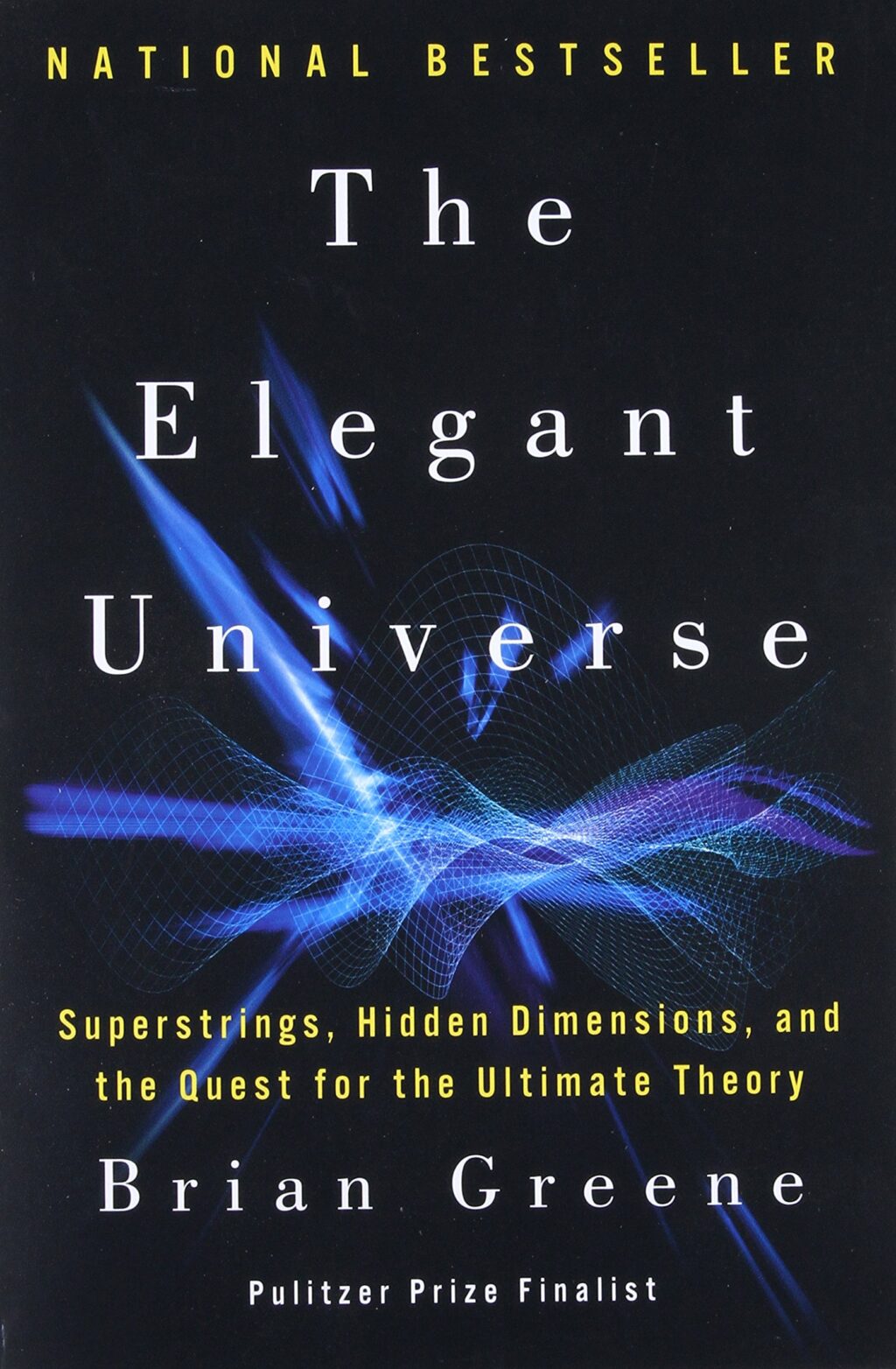
7. The Body: A Guide for Occupants
This book will teach you everything you need to know about your body, from its self-healing capabilities to its functions, “super-powers”, and weaknesses. It is a complete journey to self-discovery for your body.
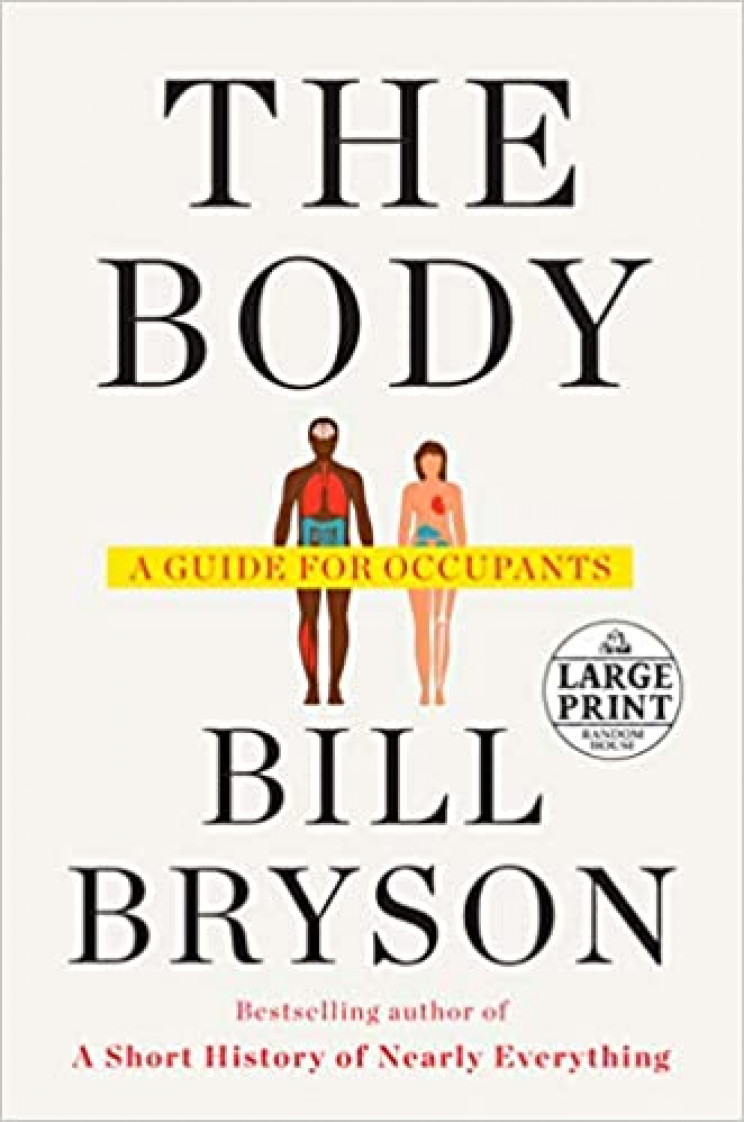
8. Enlightenment Now
Now that we all have widespread access to knowledge, to technology and can connect with people from all around the world at the click of a button, life should be easier, healthier and safer for all of us.
Steven Pinker looks at our humanity’s progress from 15 points of view or domains, if you’d like and the way he does that will keep you glued to every page until the end.
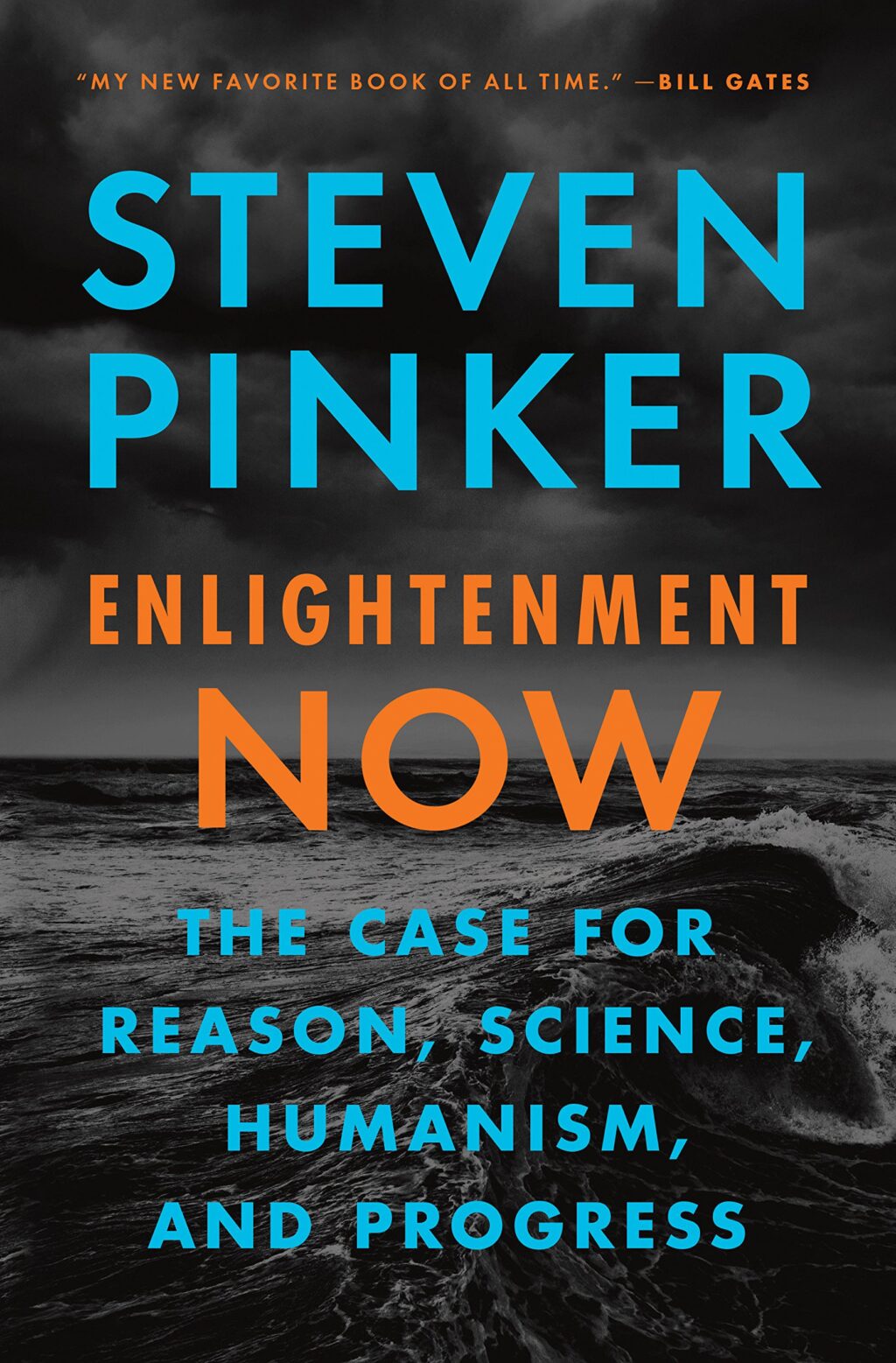
9. Sapiens: A Brief History of Humankind
This is basically the entire history of the human race in 400 pages. It poses the question: Why are homo sapiens the only ones to make it to today when there were about 6 other people species on Earth some 100,000 years ago.
Then you’ll get a glimpse at a future of artificial intelligence and genetic engineering which could change our definition of “human” in the years to come. It’s a great read if you haven’t already read it. It is a quite popular book which lives up to its reputation.
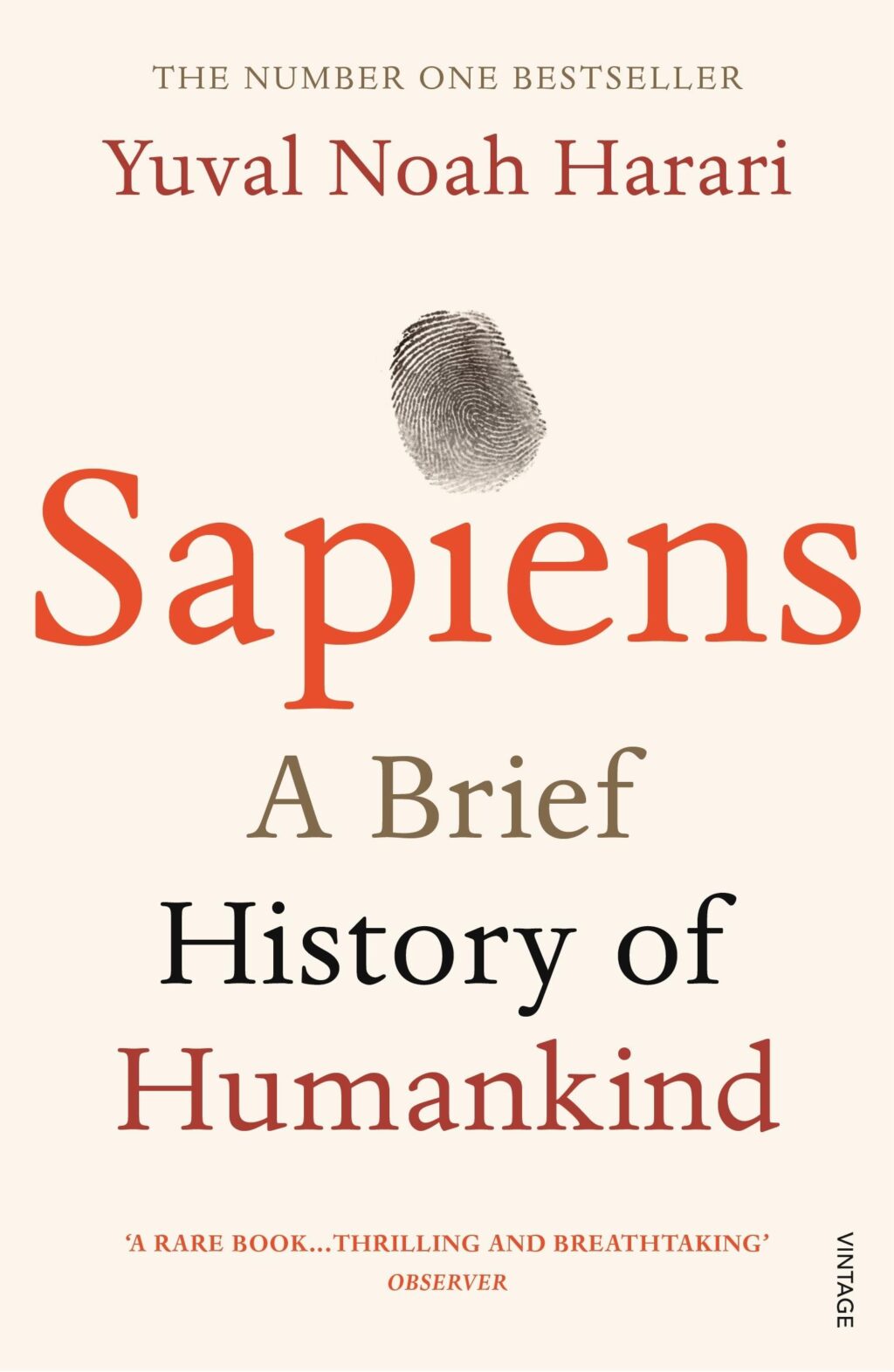
10. Homo Deus: A Brief History of Tomorrow
The follow-up book to “Sapiens” discusses the future of our humankind. What would actually happen if we achieved the greatest spiritual and technological goals of ours, like actually living a good life without diseases, hunger or war? Would a homo sapiens turn into a homo deus?

